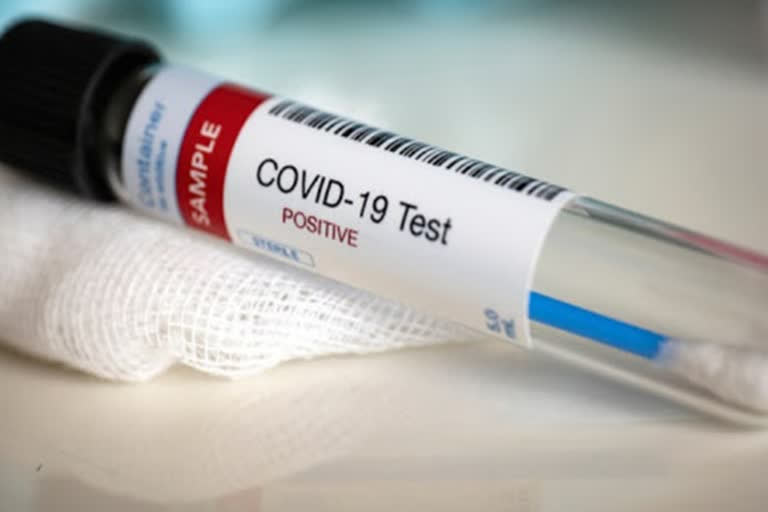New Delhi: Following the extension of nationwide lockdown to stymie the spread of COVID-19 pandemic, the Ministry of Health and Family Welfare on (MoHFW) Wednesday issued an advisory to states and other local governance authorities to arrange safe and potable water for every citizen.
The advisory directs state public health engineering departments, boards or Nigams of state governments to prioritise and bump up water supply especially to rural and parched areas.
On Tuesday Prime Minister Narendra Modi, in a nationwide address, extended the lockdown for another 19 days till May 3.
Below is the full text of the MoHFW on drinking water issued alongside the new guidelines by the Ministry of Home Affairs to be observed during the lockdown:
Advisory for ensuring safe drinking water during the lockdown and effective management of pandemic caused by Corona Virus
COVID-19 has taken pandemic proportions in many countries and in view of the seriousness of the matter, Govt of India and State Governments have taken several preemptive measures to contain this disease in the country. Frequent washing of hands with frothing soaps is recognized as the most efficient and effective measure in the listed preventive measures for controlling the spread of the virus. Thus, there is an urgent need to ensure that safe potable water is available to all citizens particularly in the rural areas where the facility of medical sanitizers may not be available.
Also read: Migrant workers come out in protest in Bandra, police resort to lathi charge
Public Health Engineering Departments/ Boards/ Nigams of the State Governments need to accord top priority for taking measures to augment supply in areas where the water supply may be deficient as of now and special care may be given to vulnerable sections of the society like people residing in relief camps, places of quarantine, hospitals, old age homes, poor strata of society, slums, etc. It will be appropriate to integrate the identified needs of potable water in the micro-plans of the districts being formulated to combat the spread of COVID-19 disease.
Further, wherever chemical treatment for enhancing the safety of potable water is required, appropriate purifying chemicals like Chlorine tablets, bleaching powder, Sodium hypochlorite solution, Alum, etc. as may be needed, should be used. State Governments may assess the requirements of water purifying chemicals and the availability of the same. In case the supply of the same is deficient, to meet the immediate requirement, then suitable intervention for their procurement from elsewhere sources may be resorted to. The purifying chemicals are among the essential commodities and therefore it may be ensured that these are part of the running supply chain.
In addition, sufficient field test kits may be made available to the villagers trained in their use and they may be advised to do periodic testing of water supplied and alert all concerned in the event of any contamination.
Arrangements for round the clock vigil may be made to ensure the functionality of water supply systems from source to delivery points.
Personal safety measures like masks, sanitisers, etc. may be provided to the officials of PHED, particularly who are managing the operation and maintenance of the water supply systems in the field. Alternate arrangement should be in place to replace the staff managing water supply, in case they get infected.
It is possible that demand during this period may go up and if people have to fetch water from the public stand post, supply hours may be required to be increased to ensure social distancing.
Further, the existing grievance redressal mechanism may be strengthened so that any interruption in the water supply can be immediately brought to the notice of all the concerned and timely action can be ensured to reinstate the supply.
The principles of social distancing and relevant instructions issued by the Ministry of Home Affairs, GoI to combat the COVID -19 pandemic may be complied with, by following the prescribed protocols.




